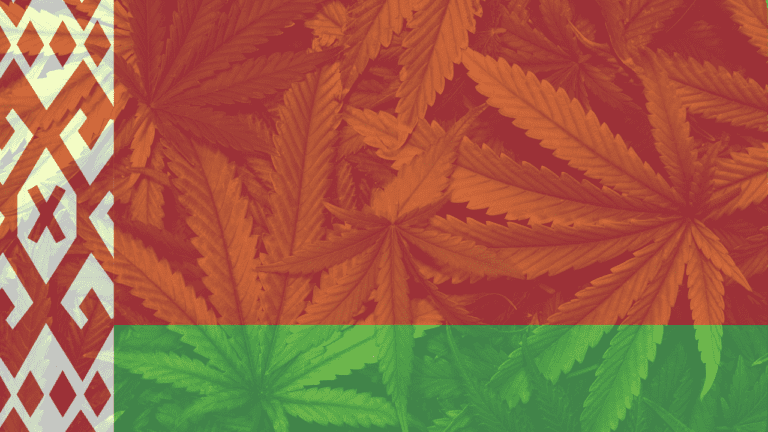Cannabis has been used for centuries for its medicinal properties, and one of the most commonly reported benefits is its ability to improve sleep. As more and more states legalize cannabis for both medical and recreational use, researchers are taking a closer look at the relationship between cannabis and sleep. In this article, we will explore the effects of cannabis on sleep and insomnia.
Insomnia is a common sleep disorder that affects millions of people worldwide. It is characterized by difficulty falling asleep, staying asleep, or waking up too early. Insomnia can be caused by a variety of factors, including stress, anxiety, depression, chronic pain, and medical conditions such as sleep apnea and restless leg syndrome.
Research suggests that cannabis may be an effective treatment for insomnia. A study published in the Journal of Clinical Psychopharmacology found that cannabis use improved subjective sleep measures in patients with chronic pain. Another study published in the Journal of Psychoactive Drugs found that cannabis use was associated with significant improvements in sleep quality and quantity.
However, it is important to note that the effects of cannabis on sleep are dose-dependent. Low doses of THC, the psychoactive compound in cannabis, can have a sedative effect that helps promote sleep. However, higher doses of THC can have the opposite effect and disrupt sleep. Additionally, chronic cannabis use can lead to tolerance and dependence, which can make it harder to fall asleep without the drug.
CBD, another compound found in cannabis, has also been studied for its potential benefits in treating insomnia. While CBD does not have the psychoactive effects of THC, it has been shown to have sedative properties that may help improve sleep. A study published in the Journal of Clinical Pharmacology found that CBD improved sleep in patients with anxiety disorders.
One of the challenges with using cannabis for sleep is finding the right strain and dosage. Indica strains, which are known for their relaxing and sedative effects, are often recommended for insomnia. However, individual responses to cannabis can vary widely, and what works for one person may not work for another. It is important to start with a low dose and gradually increase until the desired effect is achieved.
In addition to its potential benefits for insomnia, cannabis may also be helpful for other sleep disorders. For example, sleep apnea, a condition in which a person’s breathing is interrupted during sleep, has been linked to low levels of endocannabinoids, compounds that are similar to those found in cannabis. Researchers are exploring the use of cannabis to increase endocannabinoid levels and improve sleep apnea.
While more research is needed to fully understand the effects of cannabis on sleep and insomnia, the available evidence suggests that cannabis may be a promising treatment option for those struggling with sleep disorders. However, it is important to use caution when using cannabis for sleep and to consult with a healthcare professional to determine the best course of treatment. As with any medication or treatment, it is important to weigh the potential benefits against the potential risks and to make an informed decision.W







